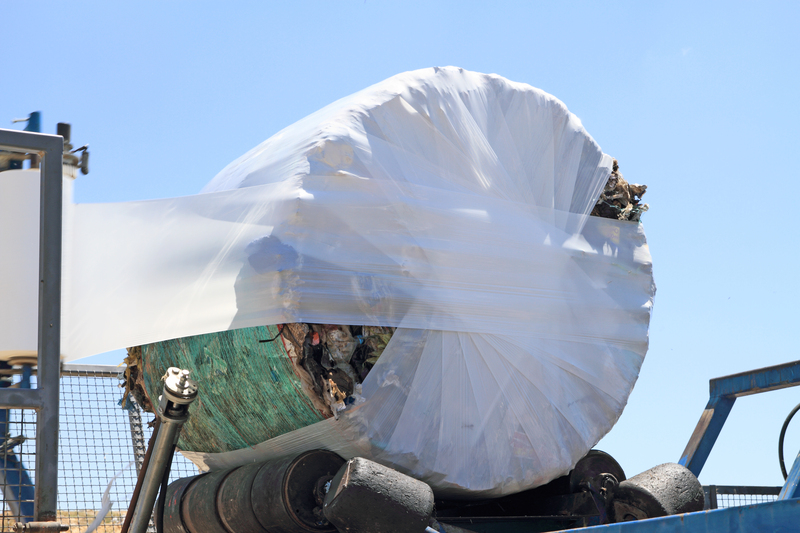The Positive Ripple Effects of Recycling Metals
In an era where environmental conservation and sustainability are at the forefront of global concerns, recycling metals has become increasingly significant. The positive impacts of this practice extend beyond environmental preservation, influencing economic growth, community benefits, and resource sustainability. Let's explore the multifaceted benefits and the positive ripple effects of engaging in metal recycling.
Environmental Benefits of Recycling Metals
One of the most evident advantages of metal recycling is its positive impact on the environment. Metals recycling plays a crucial role in reducing the negative effects of mining and manufacturing.
Reduction in Greenhouse Gas Emissions
Manufacturing products from recycled metals rather than raw minerals considerably decreases carbon emissions and other greenhouse gases that contribute to global warming. According to the Institute of Scrap Recycling Industries (ISRI), metal recycling reduces energy consumption by as much as 95% compared to using virgin ore.
- Lower energy usage translates to fewer fossil fuels burned, which is beneficial for air quality.
- The reduced energy demand reduces the strain on power grids and cuts down on the production of carbon dioxide.
Conservation of Natural Resources
Recycling metal scraps reduces the need for mining new ores, thus conserving natural resources. Heavy mining can lead to soil erosion, loss of biodiversity, and water pollution. By recycling, we help to maintain the ecosystem's delicate balance and ensure the Earth's resources are not depleted prematurely.

Economic Advantages
The recycling industry is a pivotal part of the global economy, offering numerous financial benefits.
Job Creation
Recycling metals supports a robust job market. The labor-intensive processes of collecting, sorting, and processing recycled materials create numerous employment opportunities.
- In the United States alone, the recycling industry supports over one million jobs, contributing significantly to the economy.
- Recycled metal businesses provide jobs ranging from blue-collar recycling facility workers to high-tech processing plant technicians.
Cost-Efficiency
Producing goods from recycled metals is generally less expensive than processing new raw materials. Manufacturers save on the costs associated with mining, drilling, and energy consumption. These savings often trickle down to consumers through lower prices on goods made from recycled materials.
Social and Community Benefits
Metal recycling also plays a vital role in community development and social well-being.
Community Engagement and Education
Recycling initiatives often bring communities together, fostering a culture of environmental responsibility and sustainability. Many community programs educate the public about the importance of recycling, instilling values that promote long-term ecological stewardship.
Improved Health and Safety
By reducing the need for mining and manufacturing from raw materials, air and water quality in local communities can improve. Fewer pollutants result in better public health outcomes, reducing incidences of respiratory illnesses and other pollution-related health issues.

Technological Advancements and Innovations
As metal recycling grows in significance, it drives technological innovations. These advancements not only improve recycling processes but also explore new ways to utilize recycled metals.
Enhanced Recycling Techniques
Research and development in the recycling sector have led to more efficient and effective ways to recover metals from scrap products. Modern technologies improve sorting, shredding, and processing capabilities, ensuring minimal waste and maximum material recovery.
Development of New Products
Recycled metals are finding applications in emerging industries, from electronics to automotive manufacturing. Using recycled materials spurs innovation, leading to new product lines that are both environmentally friendly and economically viable.
Conclusion: A Collective Effort for a Sustainable Future
The positive ripple effects of recycling metals reach far and wide, contributing to environmental health, economic stability, and social welfare. It emphasizes the need for a collective societal effort to adopt recycling practices. By supporting and engaging in metal recycling, we contribute to a sustainable future, ensuring the well-being of future generations and the planet.
Recycling is more than a simple act of disposing of waste correctly; it is a statement of responsibility towards our environment, economy, and society. As more individuals, businesses, and governments participate in metal recycling, the cumulative impact will drive substantial global change.